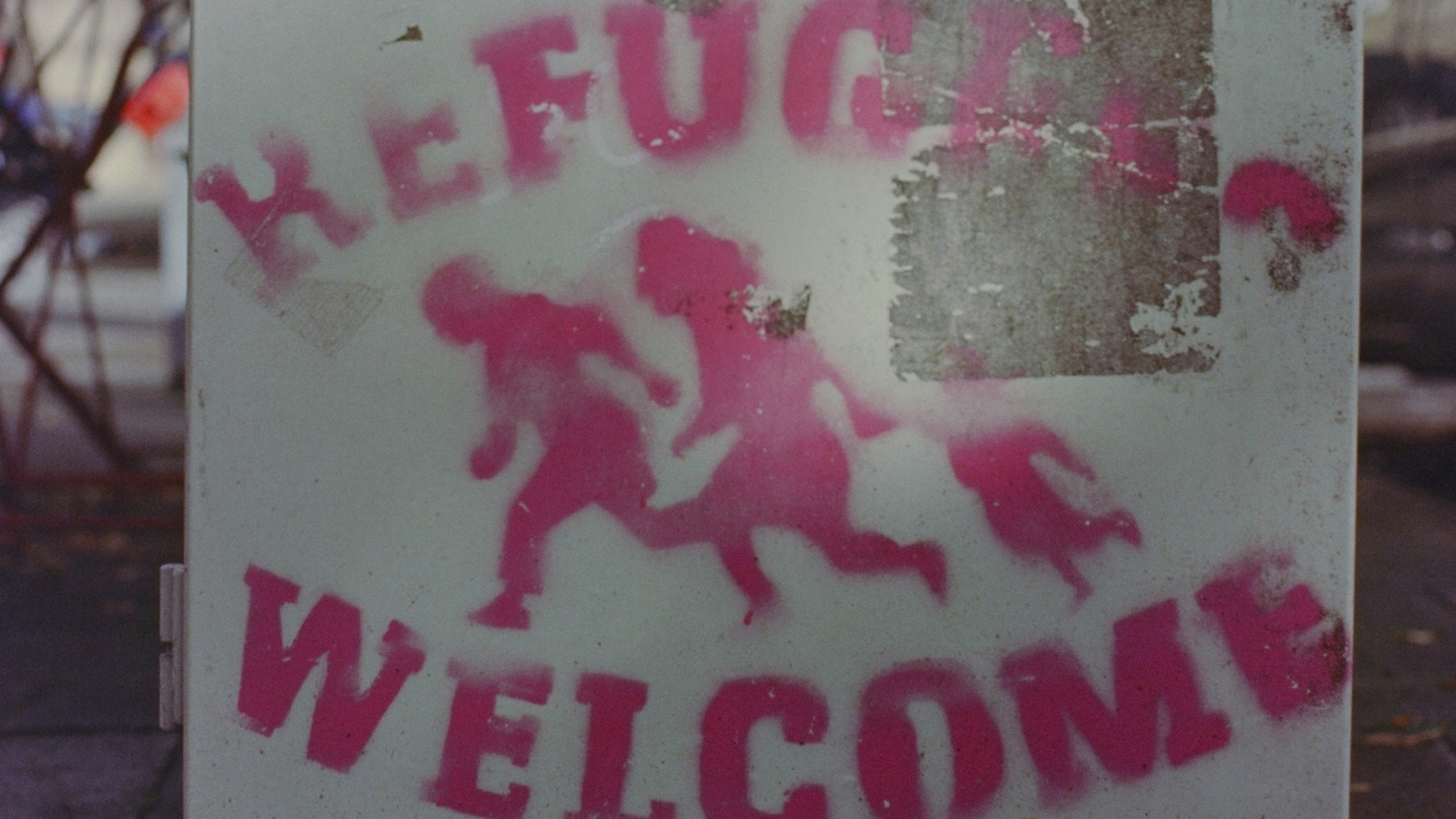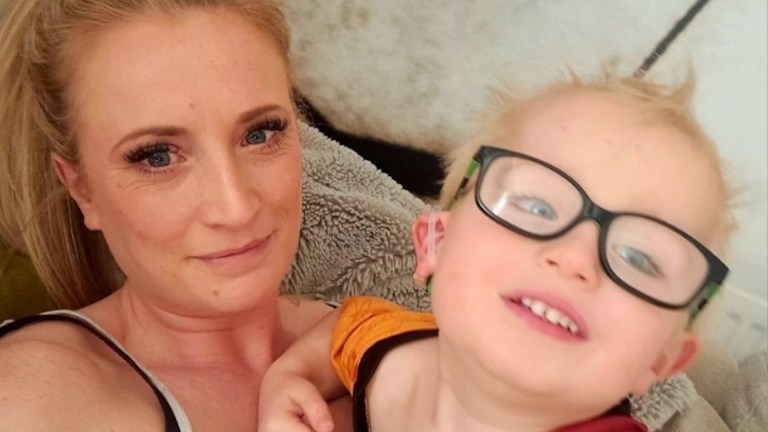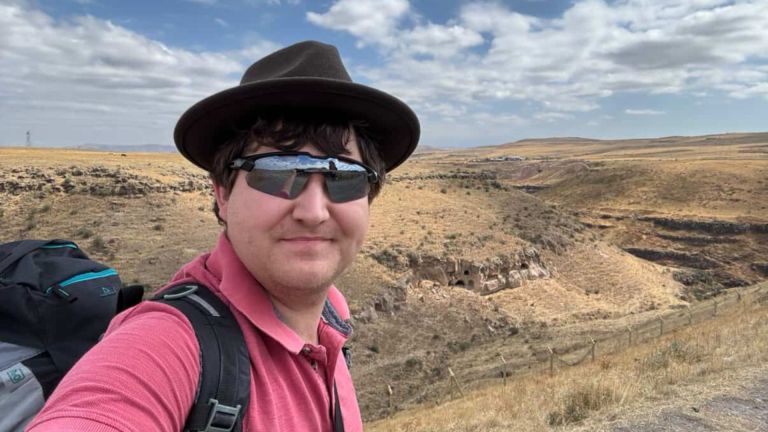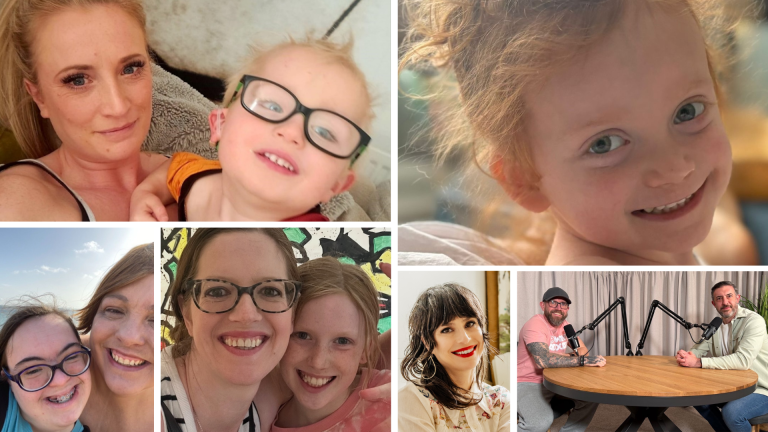“I am ashamed of the care given to us.”
This is how Salaii, a young man from Syria, described life in the UK asylum system in a WhatsApp message to me. Over the past three years, I’ve conducted research with refugees and asylum seekers in the North West of England. Through photographs and personal narratives they have shared stories that echo Salaii’s words, laying bare a system that isn’t just broken but profoundly uncaring by design.
This Refugee Week, an international annual arts and culture festival which celebrates refugees and people seeking sanctuary, we have an opportunity to reflect on this year’s theme: Community as a Superpower. Yet for many in the asylum system, community and the care they find within it is not just a ‘superpower’ but a lifeline they are forced to create. It’s time to look more closely at how people in the asylum system practise care and connection – not because the system enables it but because they are left with no other choice.
Read more:
- Wales wants to be the world’s first ‘nation of sanctuary’ for asylum seekers. Is it possible?
- I’m a gay asylum seeker – the UK’s immigration system is designed to dehumanise people like me
- Britain’s embrace of Vietnam’s ‘boat people’ is a lesson in how we welcome refugees, 50 years on
Life for asylum seekers in a careless system
For people seeking asylum in the UK, the struggle doesn’t end at the border. It extends into everyday life, shaped by policies that isolate, impoverish and dehumanise. The hope of safety too often gives way to a system that offers minimal support and almost no care. Instead, the asylum system creates conditions where people must look after themselves practically, emotionally, and socially – leaving individuals and communities to fill the gaps left by an uncaring system.
Barred from working and living on around £7 a day (or £1.26 for those in hotel accommodation), many asylum seekers are housed in poor-quality housing in deprived areas far from services or diasporic communities. Forced relocations happen without notice, uprooting people without consultation or choice. This policy of dispersal disrupts relationships that people seeking asylum have built with neighbours, communities, local charities and one another. Participants in my research described the emotional exhaustion of these repeated moves: the loneliness of being sent to unfamiliar towns and the difficulty of starting again in each new place. The result is a system that isolates and fragments, leaving people to rely on their own acts of care and mutual support.









